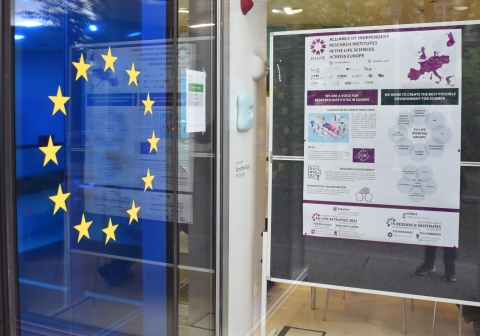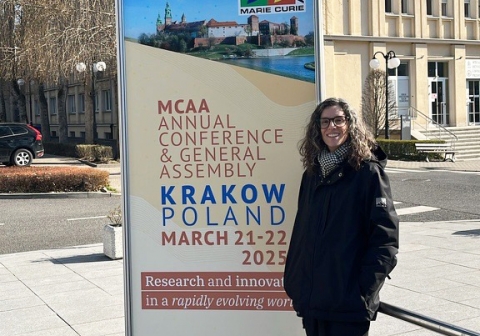Key elements for excellence in research: a contribution from EU-LIFE
What is excellence in research?
Research excellence has become a “buzz” word. Politicians, policy makers, funding bodies, academics and other stakeholders use the term in different contexts. In addition, more and more rankings based on so called ‘performance indicators’ are becoming widely used – and misused - to influence decision makers. The usage of these performance indicators has a broad impact in science by influencing the evaluation of research units and career development of individual researchers; framing individual recruitment; justifying funding / cutting policies, etc. What is more, researchers themselves are increasingly using these metrics even though at the same time they acknowledge their shortcomings.
But what is excellence? The Strategic Working Group of EU-LIFE, gathering members from 13 research institutions, performed a brainstorming session to discuss the definition of research excellence and identify key elements that contribute to it. We aimed at using current policies and practices of EU-LIFE research centres as a starting point to identify key elements that promote excellence at institutional (research centre) and individual (principal investigator, PI) level.
We believe that by sharing these reflections we can learn from each other, inspire research centres to “be better in the future” and promote good policies and practices among different stakeholders.



